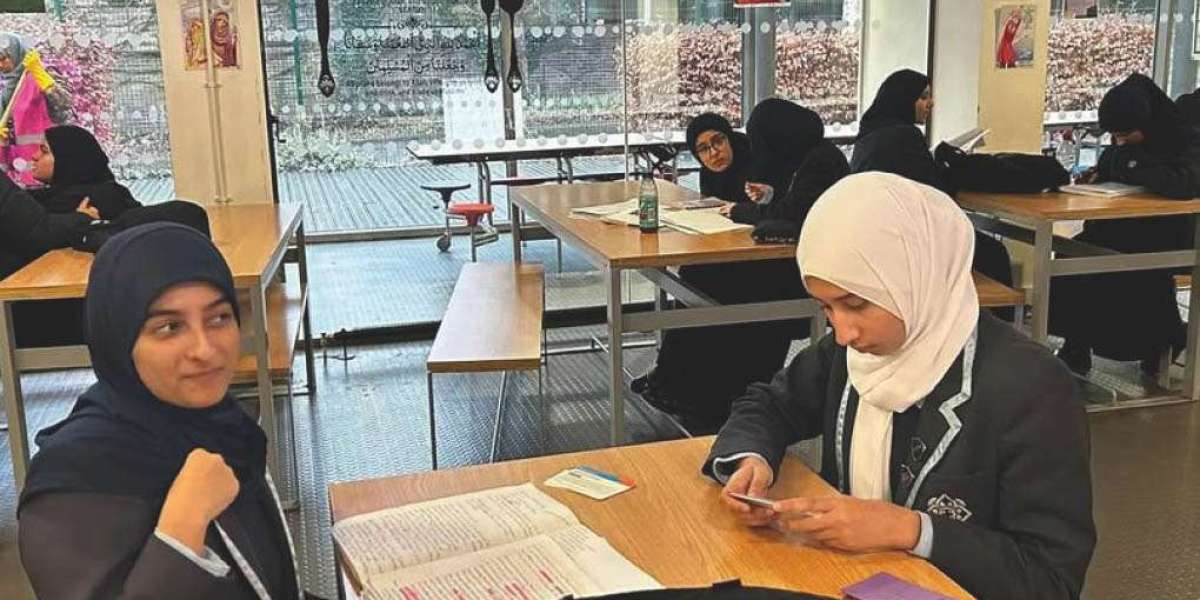Introduction
In today’s rapidly changing world, the role of education has never been more vital. For Muslim families, the challenge is finding schools that balance academic achievement with the moral and spiritual guidance of Islam. Islamic schools have emerged as the ideal solution, providing a nurturing environment where faith and learning coexist harmoniously.
The Philosophy of Islamic Education
Islamic education is rooted in the belief that knowledge (‘ilm) is both a spiritual and intellectual pursuit. Islamic schools aim to cultivate balanced individuals—those who excel academically and embody the principles of Islam in their conduct. The focus is not only on passing exams but on building strong, ethical citizens who understand their purpose in life.
Academic and Religious Integration
Islamic schools follow national educational standards while integrating Islamic teachings across subjects. Students study core subjects such as mathematics, English, and science alongside Arabic, Qur’an studies, and Islamic history. Lessons are often infused with moral reflections, helping students link their academic learning with real-world Islamic values.
For example, a lesson in biology might inspire discussion about the wonders of Allah’s creation, while literature classes can encourage empathy and moral awareness.
Safe and Nurturing Environments
Islamic schools provide safe spaces where students can express their faith openly. Prayer facilities, modest dress codes, and daily assemblies help maintain a spiritually enriching environment. Teachers serve as role models, guiding students through both their educational and personal development.
Character and Community Development
Character building (tarbiyah) is at the heart of Islamic education. Students learn respect, kindness, patience, and honesty through both instruction and example. Community service initiatives and charity drives (sadaqah) encourage empathy and responsibility.
Many Islamic schools also partner with local mosques and charities, giving students the chance to contribute to meaningful causes while strengthening their connection with the community.
Extracurricular Opportunities
Islamic schools promote well-rounded education. Sports, arts, debate clubs, and leadership programs encourage teamwork, creativity, and confidence. These activities help students discover their unique talents and learn valuable life skills.
Modern Learning with Islamic Values
While deeply rooted in tradition, Islamic schools also embrace modern education. Smart classrooms, STEM initiatives, and digital literacy programs ensure students remain competitive in today’s global environment. The key difference is that these advancements are guided by the ethical principles of Islam, ensuring technology serves humanity rather than distracting from it.
Conclusion
Islamic schools represent the perfect blend of tradition and modernity—where spiritual values guide intellectual growth. They play a vital role in shaping confident, capable, and compassionate young Muslims who are proud of their faith and ready to contribute to society. In a world where identity and values are often challenged, Islamic schools provide the anchor that keeps faith and knowledge aligned.














